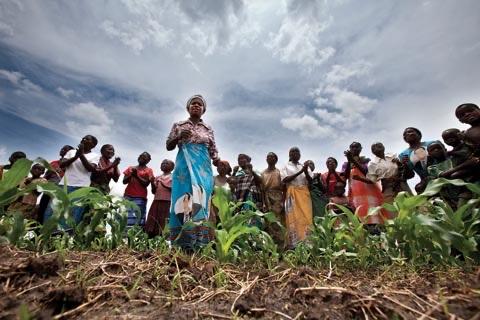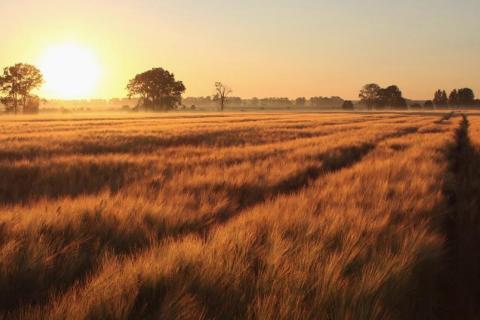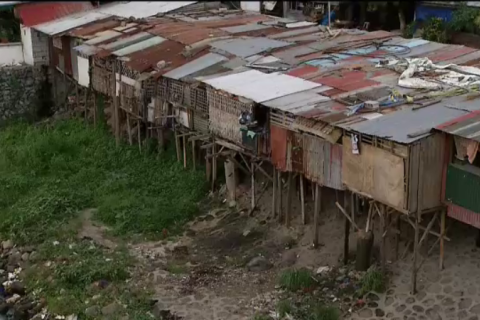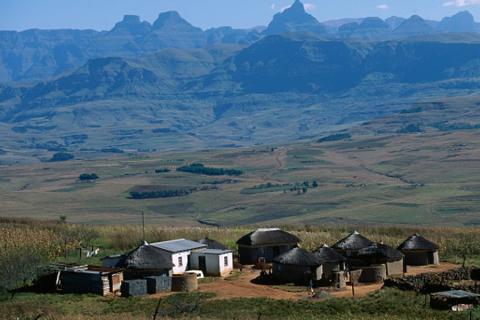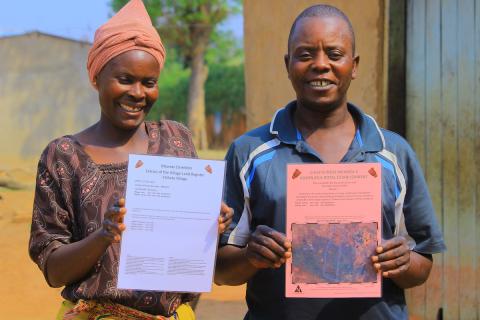This Is Our Land: Why Reject the Privatisation of Customary Land
WHY REJECT CUSTOMARY LAND PRIVATISATION
Most of the world’s land is still stewarded by communities under customary systems. Billions of people rely on communally managed farmland, pasture, forests and savannahs for their livelihoods.
This collective management of resources is viewed in the colonial or capitalist economic model as an obstacle to individual wealth creation and private profit.





